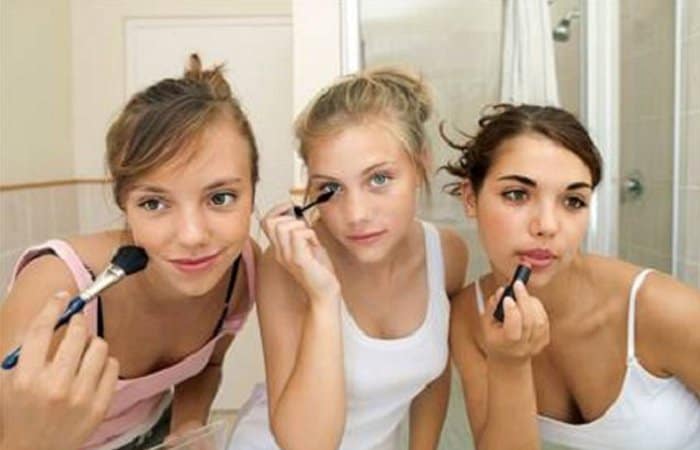There are many reasons why you may be using a cream containing hydrocortisone on your face. Perhaps the most common intention of this ointment involves effectively treating conditions such as eczema. Not only can this cream dramatically help you tackle the problems associated with dry skin, but it generally causes few side effects. However, what if you plan on wearing makeup directly over a hydrocortisone ointment? Is this a good idea and are there any professional suggestions to keep in mind? These are two important questions which deserve a closer look.
Chapter Overview
The Link Between Makeup and Skin Conditions
Before moving on, it is important to mention that some types of makeup (particularly cheaper brands) can actually cause skin conditions to worsen. This is often due to the harsh chemicals and filling agents such as alcohol that are present within their ingredients. This is why it is always critical to purchase quality makeup products from trusted providers. You will be amazed at what a difference such a simple choice will make. The good news is that a quality hydrocortisone cream can help to provide an effective barrier against such situations.
Should You Also Use a Moisturiser?
As we are all aware, one of the most common causes of conditions related to dry skin such as eczema is a lack of moisture. Hydrocortisone is an effective means to increase the levels of hydration within your skin. So, it only stands to reason that many individuals will use this cream before subsequently applying makeup.
However, it should also be mentioned that the effects of hydrocortisone will fade over time (normally around 12 hours in terms of over-the-counter treatments). This is why many experts recommend applying a layer of moisturizer directly over the hydrocortisone before beginning your makeup regimen. We can think of a moisturizer as an additional “barrier” which will help to protect your skin even if the effects of the hydrocortisone have begun to wear off.
Should Any Types of Makeup be Avoided?
While applying makeup in combination with hydrocortisone is generally safe, there are still a handful of ingredients to look out for. These are primarily in the form of acids (such as salicylic acid and glycolic acid). Without becoming overly technical, the main issue here is that these acids can actually degrade the initial layer of hydrocortisone; causing issues such as eczema and dry skin to once again flare up. If possible, always check the ingredients of the makeup before making a purchase. It is also a good idea to try and use organic products. These will not contain any harsh chemicals that might otherwise interact with the hydrocortisone.
Thankfully, there are many makeup formulations which are perfectly suited to be used in combination with hydrocortisone. It could still be wise to experiment with different formulations in order to better appreciate how each one reacts. Above all, always make it a point to speak with a doctor or a dermatologist if you have any additional questions.

